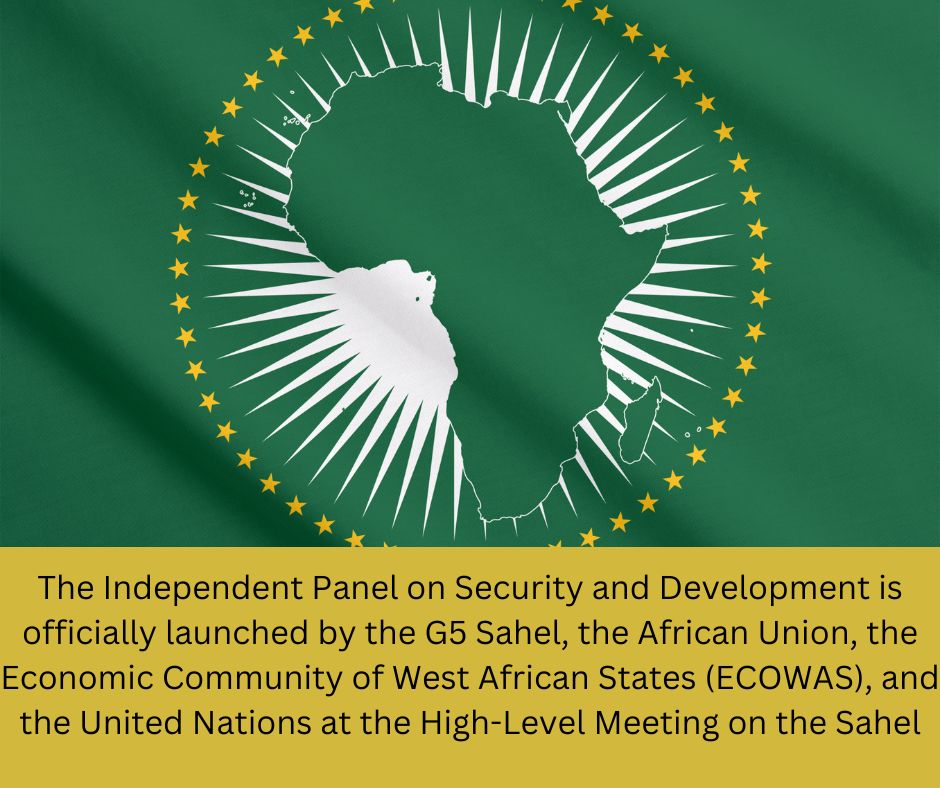
Summary: A High-Level Event on the Sahel occurred in New York on Saturday. The Sahel stretches through portions of Burkina Faso, Cameroon, Chad, Mali, Mauritania, Niger, Nigeria, Senegal, and Sudan. The G5 Sahel was established in 2017 to address the growth of armed and violent extremist groups.
A High-Level Event on the Sahel, sponsored by the United Nations, the African Union (AU) Commission, the Economic Community of West African States (ECOWAS), and the Group of Five for the Sahel, took place in New York on Saturday in conjunction with the General Assembly’s annual debate (G5 Sahel).
The Sahel stretches through portions of Burkina Faso, Cameroon, Chad, Mali, Mauritania, Niger, Nigeria, Senegal, and Sudan as it crosses Africa from the Atlantic Ocean in the west to the Indian Ocean in the east.
While the UN’s office for humanitarian affairs (OCHA) has stated that the Sahel is experiencing “the worst humanitarian needs in years,” necessitating an “urgent scale-up of emergency response,” the Secretary-General only last week issued a warning that the region is experiencing a crisis that poses a “global threat” due to rising insecurity, including the growth of terrorist and other non-State armed groups.
Climate change is exacerbating the crisis… He continued that terrorism, violent extremism, and organised crime “would be felt well beyond the region and the African continent if nothing is done.”
The G5 Sahel [a joint force established in 2017 to address the growth of armed and violent extremist groups and deteriorating security in the region] Executive Secretary, Mr Guterres, and the Chair of the AU Commission officially launched the Independent High-Level Panel on Security and Development in the Sahel, headed by former President of Niger Mahamadou Issoufou, in their statements on Saturday.
They emphasised the fundamental issues facing the Sahel, such as the rise in violent extremism, the region’s economies’ increasing fragility due to climate change and the COVID-19 pandemic, and complex political changes.
They called for coordinated international, regional, and local initiatives to solve the security, governance, and development issues in the Sahel and the wider area. They also urged adopting people-centred security measures based on inclusive political tactics.
The delegates urged the international community to increase its reactions to the needs in the area and to give the region the required technical, financial, material, and logistical help.
Reiterating their support for the Independent High-Level Panel’s work, they expressed their eagerness for the Independent Strategic Assessment’s findings to be shared at the 36th Ordinary Session of the African Union Assembly of Heads of State and Government, which is scheduled to take place in February 2023.
Analysis by: Advocacy Unified Network
